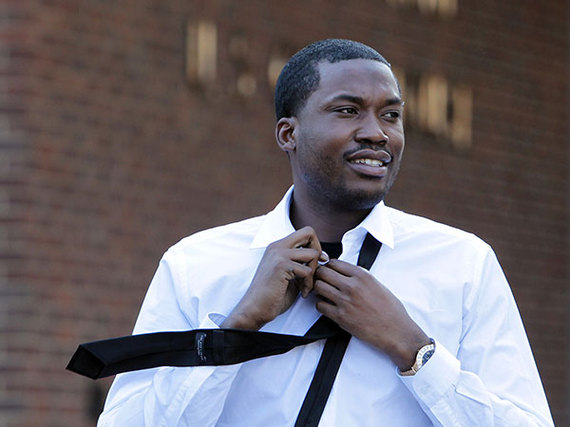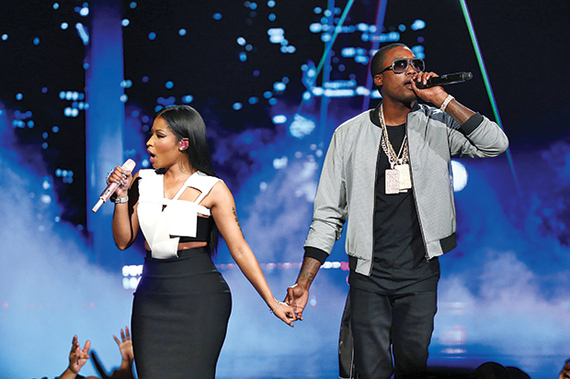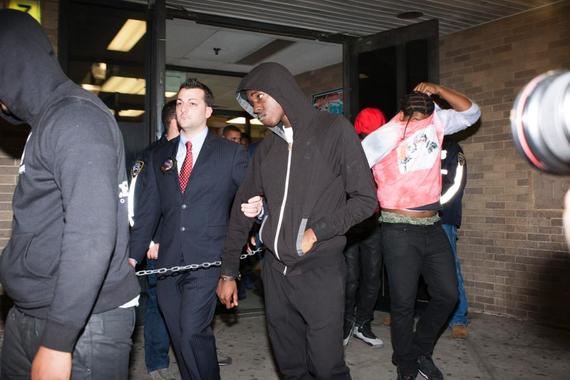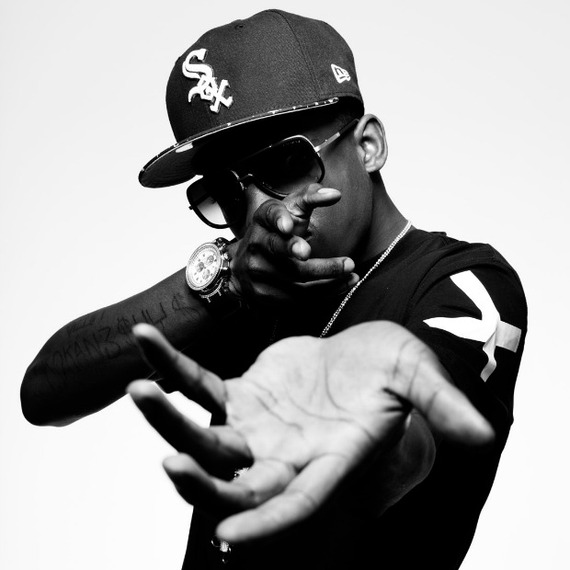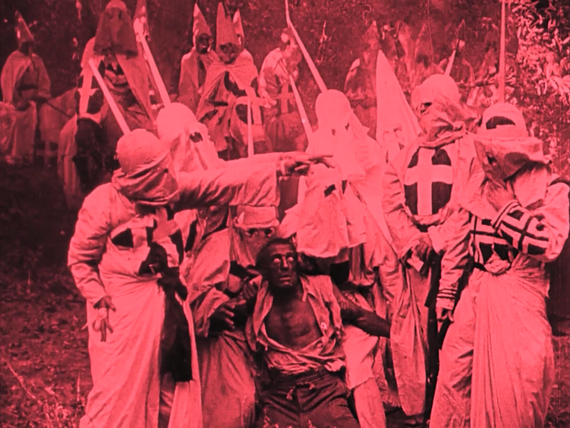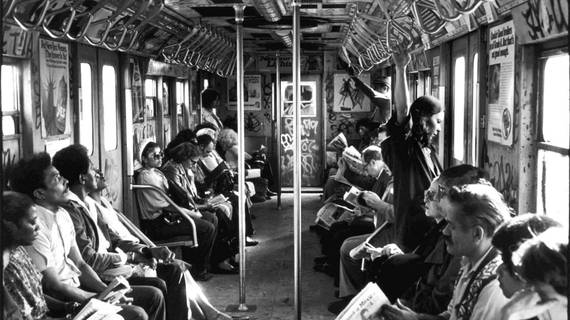"But now it's all eyes on me/And it all lies on me..."
-Meek Mill All Eyes on Us
Crestfallen at the prospects of returning to prison following recent parole violations, Robert Rahmeek "Meek Mill" Williams reportedly wept bitterly as he pleaded with Court of Common Pleas Judge Genece E. Brinkley to exercise leniency in her sentencing of him. In testimony that lasted more than hour, he reportedly said, "I'm not a gangsta. But I'm not a perfect man ... I have the potential to be greater than I am today ... I walk around with my queen, Nicki [Minaj]. Things are different now. I act different. I walk different. I can be the biggest rapper in the world." The testimony, remarkable in its vulnerability, stood in stark contrast to the peccant bravado from some of his most current work. The entire episode is emblematic of the paradoxical relationship between hip-hop and the narrative of black criminality.
Mr. Williams' parole stems from a 2008 incident whereby undercover police officers arrested him as he exited a South Philadelphia apartment with an illegal firearm on his person, and drugs in close proximity. He was charged, convicted, and subsequently sentenced to eleven to twenty-three months in prison; however, he received a reduced sentence and early release contingent upon a five-year parole agreement. He ultimately served eight months in prison. He credits his prison stint as a key moment in solidifying his desire to "put [his] whole life in this rap thing..." In the time since that decision to pursue music wholeheartedly, his career has skyrocketed.
Judge Brinkley apparently has grown weary of Meek's steady stream of parole violations, and seems to have little patience for his repeated overtures begging for a second chance. She ordered him not to perform before his upcoming sentencing hearing, which could prove quite costly for Mr. Williams. She further chided him by saying, "How many times am I supposed to give [him] a second chance?", and additionally suggested that parole may no longer be "appropriate." Mr. Williams will eventually learn of his fate at a hearing scheduled for February 5, 2016. In the interim, he will revisit a painful lesson Ackquille Pollard learned last year--a "street image helps a young rapper, until it doesn't."
Ackquille Pollard, whom the world has come to know as "Bobby Shmurda", believed he had no other choice but to rap about "everybody catchin' bullet holes." Though he once stood by the boasts from Hot N----, saying, "My music is straight facts," he later told Joe Coscarelli of the New York Times, "[Epic] grabbed me up at a vulnerable time ... I was desperate to get out of the 'hood. I knew I was going to lose my life or go to jail." Raised in East Flatbush by his mother, Mr. Pollard knew the inner workings of the criminal justice system long before Hot N---- made him a household name. His father is serving a life sentence in Florida for attempted murder, and he had a series of arrests well before his anthem had the world Shmoney dancing.
Mr. Pollard has languished in the Manhattan Detention Complex for the better part of a year on gang conspiracy and gun charges. The tragic irony of Mr. Williams' and Mr. Pollard's careers revolve around the fact both came of age in the underbelly of urban America, saw rapping about the trappings of the trap as a legitimate means of escape, achieved unfathomable heights doing so, only for them both to fall prey to the precise fate they worked so diligently to escape.
In explaining hip-hop's fixation on violence during an interview with hip-hop documentarian Byron Hurt, Georgetown University professor Michael Eric Dyson stated, "There's a preoccupation with the gun because the gun is a central part of the iconography of the ghetto. Too may young black and brown men view their sense of strength and industry, and machismo, and manhood through the lens--and sometimes through the scope--of a gun." Dr. Dyson further stated, "The gun is at once the merchandise of manhood and the means of its destruction ... So the gun becomes the violent means by which space is divided and status assigned ... Violent masculinity is central to notions of American democracy and cultural self-expression." From Schoolly D's raging anthem entitled P.S.K., to N.W.A.'s menacing diatribes in Straight Outta Compton, to the Notorious B.I.G.'s ominous debut, Ready to Die, to Jay-Z's endless boasts of how he once "moved snowflakes by the oz," to T.I. and Jeezy's countless tales of the indomitable "trap," to Kendrick Lamar's musings of being a "good kid [from a] m.A.A.d city", to the ranting of countless other rappers worldwide, the annals of hip-hop are replete with examples of harrowing ruminations that glory in the ills which plague urban dwellers.
In a genre dominated by African American men, hip-hop continues to communicate an African American, primarily masculine, discourse of urban marginality. All of these portrayals of African American men professing lives of criminality, regardless of whether the portrayals are factual, contribute to a resounding chorus that sings the tune of an unwritten score for the infamous 1915 film The Birth of a Nation. That tune simply chants, "The black man, the man of color, the African American man--however he may describe himself--is dangerous. He is to be feared. He is a menace to society." Only this time, it is the dark man's song that affirms the malice society believes lies deep within his heart. Its loudest refrain boldly declares, "I am everything you dreaded I am."
The danger of the pervading output from the mainstream hip-hop industry is that it embraces and recreates the nihilistic, monolithic portrayal African Americans have fought so vigorously to escape for centuries. Certainly the pace of the characterization of African American men as violent and criminal in hip-hop has slowed in recent years; nevertheless, a significant amount of its output is still violent, misogynistic, and/or offers tacit endorsements of drug culture. Hip-hop's dual status as the preeminent African-derived aesthetic and the most domineering cultural expression in the nation, means that its ubiquitous presence in American popular culture has great power to more accurately reflect the African American experience, rather than readily conform to the caricatures that so grossly misrepresents it. In many ways, Mr. Williams' and Mr. Pollard's work does too much of the latter, and too little of the former.
Mr. Williams and Mr. Pollard did not create these caricatures, they simply reveled in their exaggerations, as they perpetuated centuries of pernicious stereotypes. Mr. Williams and Mr. Pollard also did not create the segregated ghettos from whence they came. Those ghettos are the natural result of decades of racist housing policies that crippled the lives of millions. Neither were they the architects who designed the structural imbalances that caused the staggering racial disparities in employment opportunities. The two merely profited from penning and performing a continuous song with varied tales of life within such systematic injustice. It is a song corporations have sung for decades. As Mr. Pollard's attorney, Matt Middleton, told Mr. Coscarelli, "These companies for years have capitalized and made millions and millions of dollars from kids in the inner city portraying their plight to the rest of the world..." Certainly we can and should hold Mr. Williams, Mr. Pollard, and their colleagues accountable for the deleterious impact of their work, but we cannot excuse the system that made such songs possible, nor can we absolve the listening public whose appetite never grows weary of consuming those songs. Suffice to say, as our gaze centers on Mr. Williams' pending sentencing, in many ways our eyes are not simply on him, they are also on us.

